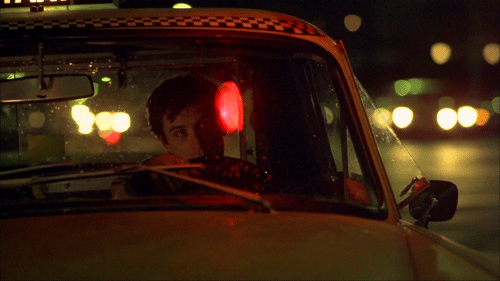While it won’t much help those who’ve invested their lives in the value of a taxi medallion, it would be beneficial to a growing population of workers if we could figure out a way to protect employees participating, willingly or otherwise, in the Gig Economy. In his latest Financial Times column, Tim Harford has a suggestion: “Libertarianism with a safety net.” If that sounds oxymoronic, it’s intentional. The writer believes we need to consciously uncouple the welfare and corporate states, providing assurances to all citizens so that they can be unmoored without being at risk.
An excerpt:
Are Uber drivers employees or not?
Uber maintains that they are not. That seems defensible: a driver can switch the app on or off at any time, or work for a competitor such as Lyft on a whim. Few employees who acted in this way would be employed for very long.
Then again, does a driver who puts in 60 or 70 hours a week providing Uber-assigned rides according to Uber-determined rules and rates not deserve some sort of security? Some authorities think so: the company has lost a number of rulings in California as judges and arbitrators have found that, in certain cases, Uber drivers are employees.
Such judgments are likely to vary from case to case and place to place, and the uncertainty helps nobody bar the lawyers. Alan Krueger, former chairman of President Barack Obama’s Council of Economic Advisers, draws a parallel with the emergence of the workers’ compensation system a century ago. Sensible rules were agreed, he says, once lawsuits over industrial accidents became expensive and unpredictable.
But what should the new rules be?•
Tags: Tim Harford

